There has been a 37.9% increase in sugar prices year on year (yoy) due to concerns over dwindling supplies, according to the Food and Agriculture Organisation of the United Nations (FAO) price index.
Raw sugar futures on the ICE stock exchange climbed to their highest level in almost two years this week as a result of the surge. Global sugar production in 2015/16 is expected to be 164.9m tonnes, down 7% yoy, with ending stocks predicted to fall by 17% yoy.
Weather across the cane belt of Brazil, the world’s top sugar producer, is expected to be rainy for at least the next couple of weeks. This will not only disrupt cane cutting, and reduce sugar yield, but will also disrupt shipping from the country’s southern ports – Brazil is single-handedly propping up global sugar output this year, as Asian producers see sharply reduced prospects.
The index also said palm oil prices have fallen due to lower demand, as many importing countries have switched to alternative oils. Global production for 2015/16 is unchanged yoy, which is considered low production when compared with the five-year average of 6% growth yoy.
Coconut oil prices have fallen 11.5% month-on-month in line with palm kernel oil prices, but they remain high yoy due to tight supplies.
Earlier this week the Taxpayers’ Alliance said the planned sugar tax will “hit poorest families hardest” and has nothing to do with the sugar content of products.








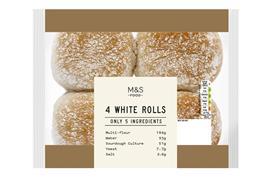












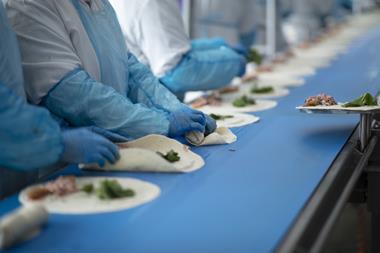



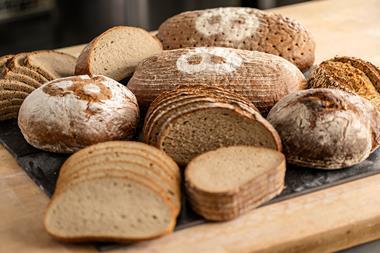
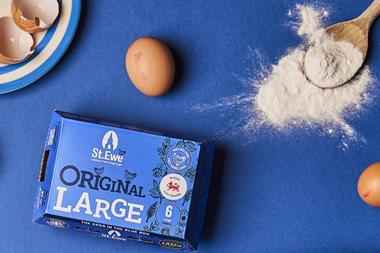
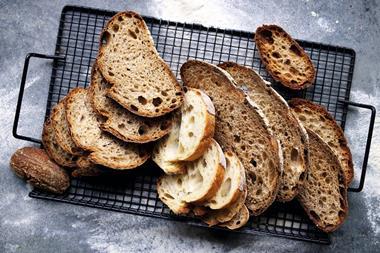

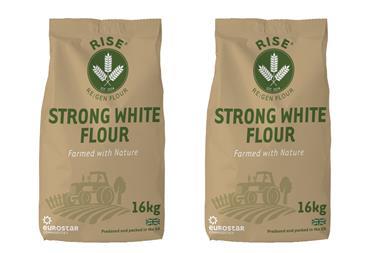


No comments yet